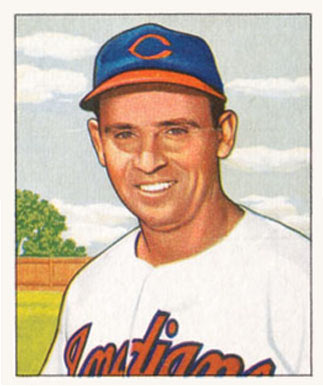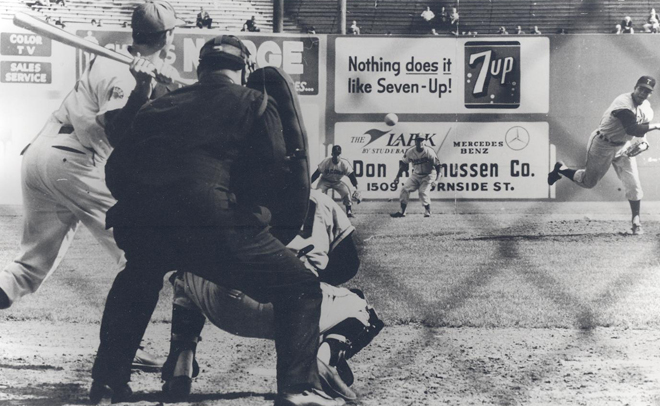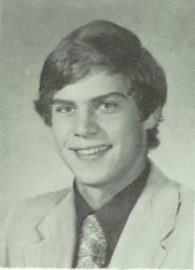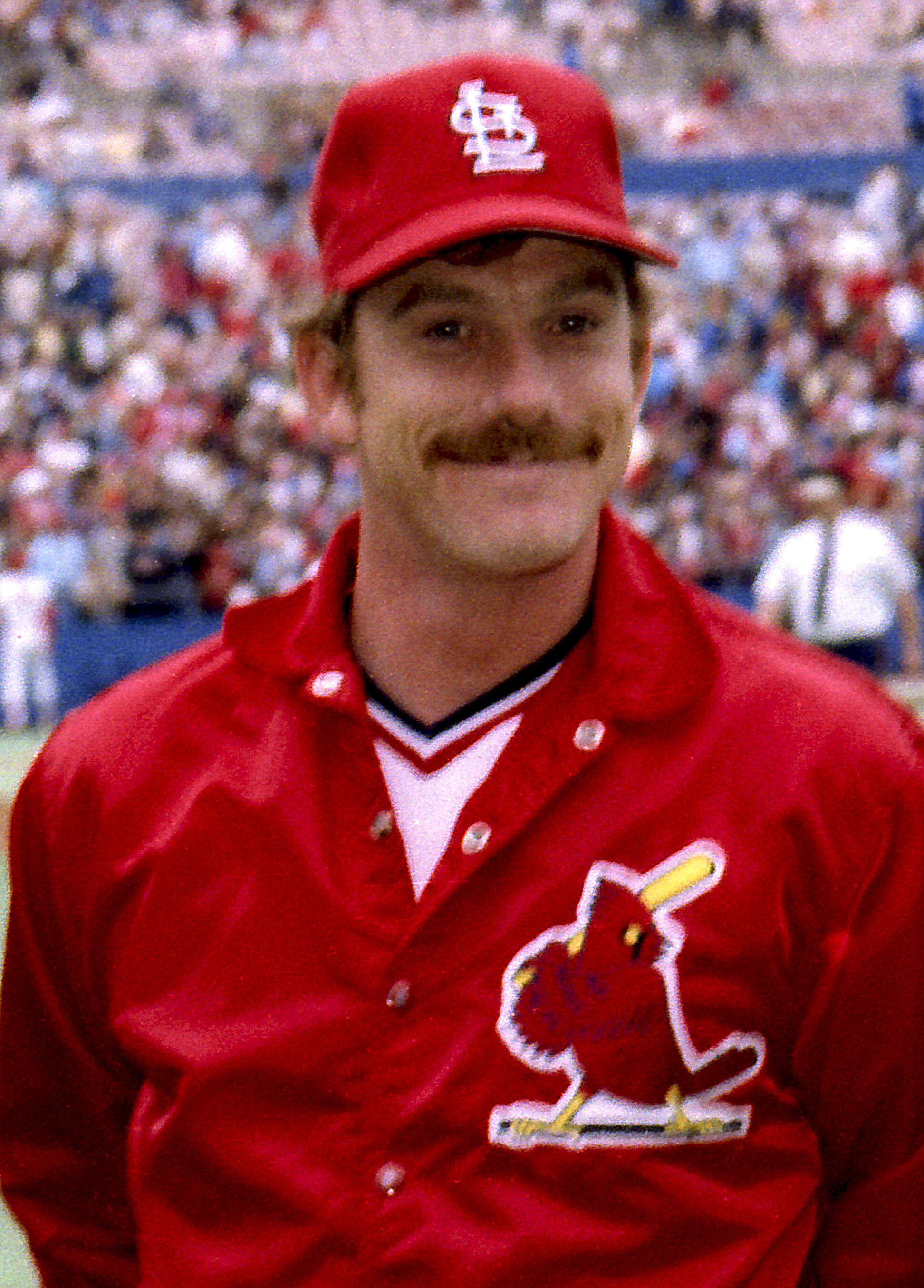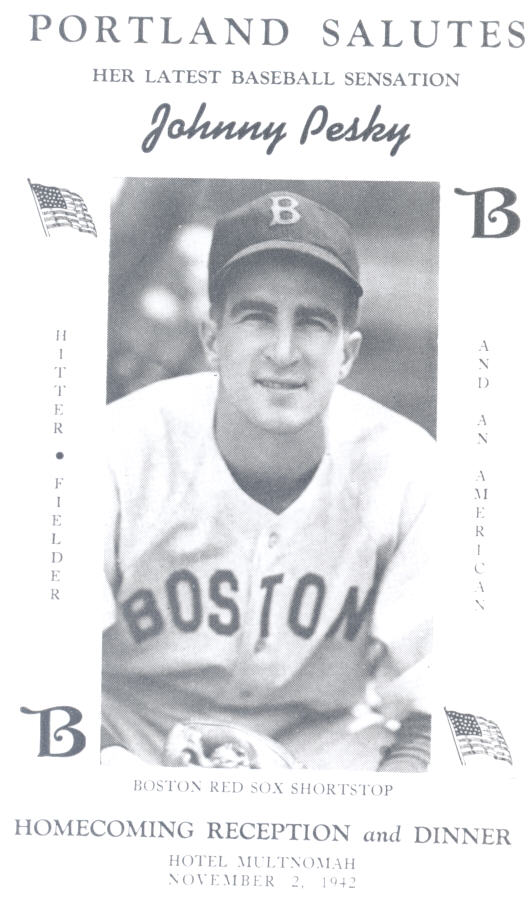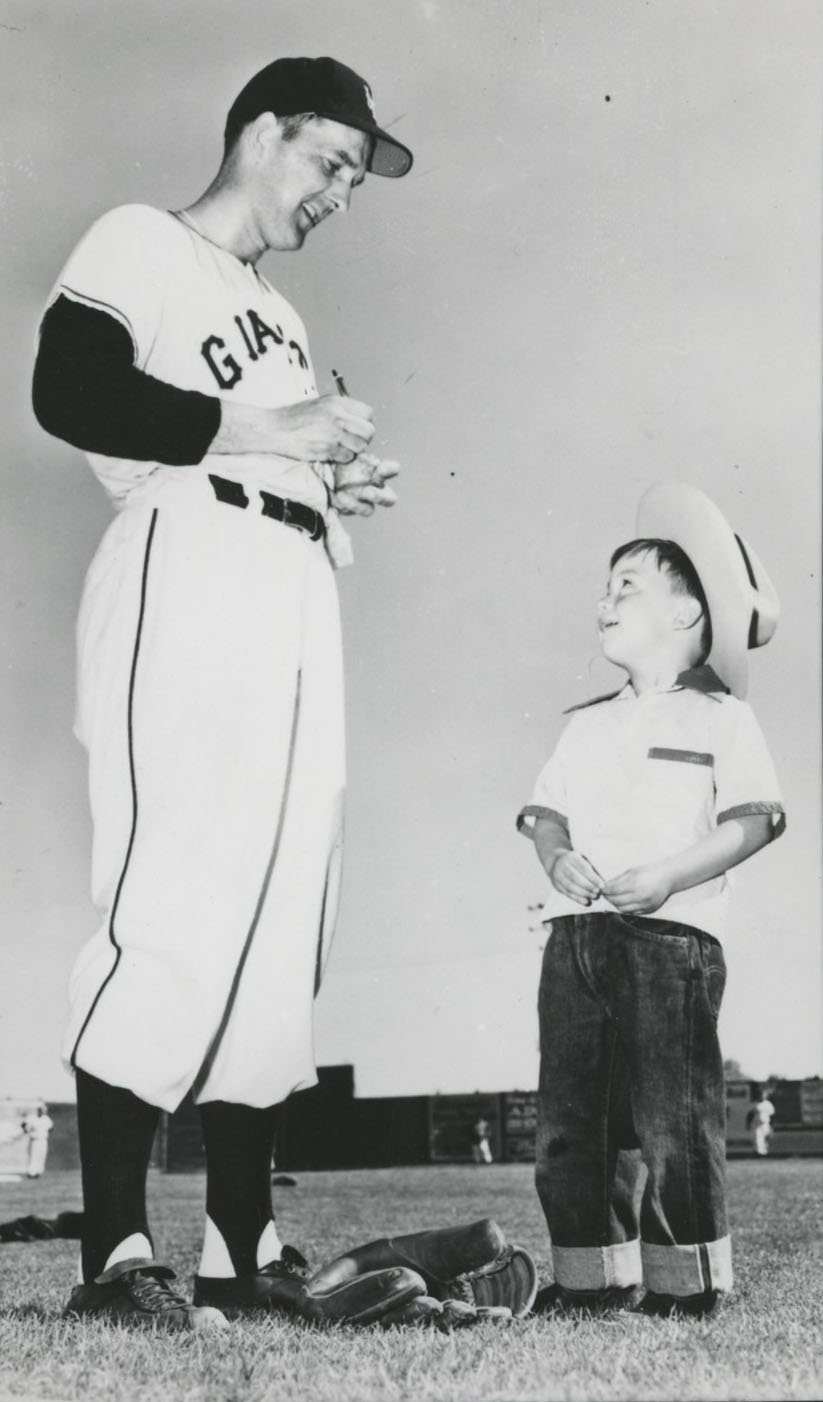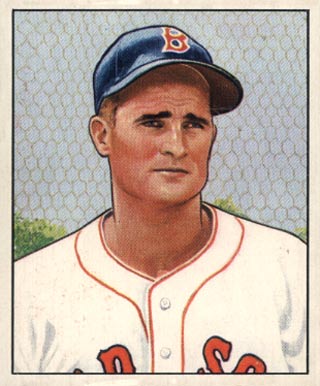A graduate of Jefferson High School in Portland and the University of Oregon, Joe Gordon was one of the finest second basemen in Major League baseball history. He played eleven years, seven with the New York Yankees and four with the Cleveland Indians, and was voted into the Baseball Hall of Fame (HOF) in 2009. By then, Gordon had been dead for thirty-one years.
Joe Gordon’s HOF plaque reads: “An acrobatic second baseman with tremendous power who helped lead his team to six pennants in 11 seasons, winning five World Series titles. Renowned for superb defensive range, the nine-time All-Star and 1942 A.L. MVP led the league in assists four times and double plays three times. Set career A.L. home run record for second basemen. Drove in more than 100 runs four times and hit 20 or more home runs seven times.”
On the occasion of Gordon’s induction, Oregon resident and rival second baseman Hall of Famer Bobby Doerr said: “We competed hard on the field, but after games I’d invite him to dinner at my house in Boston and he’d invite me to his house in New York.”
Baseball historian Bill James believes that Joe Gordon “rivals Bobby Doerr as the top second baseman of his time,” and James leans to Gordon: “He was a markedly superior hitter in neutral parks....[and] the more respected player while active.” Gordon finished higher in the voting for Most Valuable Player (MVP) more often than Doerr, and Gordon won American League (AL) MVP in 1942.
Joseph Lowell Gordon was born in Los Angeles on February 18, 1915, but moved to Portland at the age of four. At Jefferson High School, he played baseball, football, and violin. At the University of Oregon he played football but made his mark on the baseball team, where he played shortstop and was named All-Conference. In both of his years in Eugene, his team won the Northwest Conference championship. Gordon was also a member of the gymnastics team, which contributed to his flashy infield play and the inevitable nickname “Flash.”
Gordon spent two years in the minor leagues, then made his debut with the Yankees in 1938, where he played with Lou Gehrig and Joe DiMaggio. In the off-season, he returned to the University of Oregon to complete requirements for a degree in physical education. He played with the Yankees through 1946 (missing two years during World War II) and was part of five Yankee pennant-winning teams and four World Series championships. Before the 1947 season, Gordon was traded to the Cleveland Indians for pitcher Allie Reynolds, a trade beneficial to both teams. In 1948, he hit 32 home runs and drove in 124 as the Indians won the World Series.
In Gordon’s first year with Cleveland, Larry Doby, the first African American to play in the American League, was brought in from Newark of the Negro National League. Doby said of his first time on the field: “I felt all alone. When we went out on the field to warm up, to play catch...no one asked me to play. I just stood there for minutes....Then Joe Gordon yelled, ‘Hey kid, come on. Throw with me.’ That was it. Joe Gordon was a class guy. He'd been a Yankee and the others looked up to him. So when he reached out to me, it really helped."
Gordon finished his career with 253 home runs and a .268 batting average. He retired in 1950, then went on to manage teams in the minor leagues and for four major league teams. In 1960, he was involved in one of the most unusual trades in Major League history: one manager for another, Cleveland’s Gordon for Detroit’s Jimmy Dykes. In 1971, Joe Gordon retired from baseball, lived in Sacramento, California, and spent the next seven years hunting, fishing, and selling real estate. He died on April 14, 1978.
-
![]()
Joe "Flash" Gordon with the Cleveland Indians, baseball card, 1950.
Courtesy Bowman Gum
Related Entries
-
![Arthur Lee (Artie) Wilson (1920-2010)]()
Arthur Lee (Artie) Wilson (1920-2010)
Arthur “Artie” Wilson was a professional baseball player who was a long…
-
![Dale Murphy (1956-)]()
Dale Murphy (1956-)
Perhaps the most accomplished baseball player born in Oregon, Dale Murp…
-
![Jeff Lahti (1956-)]()
Jeff Lahti (1956-)
When he was eight years old, Jeffrey Allen Lahti told his mother, "I wa…
-
![Johnny Pesky (1919-2012)]()
Johnny Pesky (1919-2012)
The iconic Boston Red Sox baseball player Johnny Pesky began his career…
-
![Larry Jansen (1920-2009)]()
Larry Jansen (1920-2009)
Larry Jansen was a two-time All Star and one of the top pitchers in Maj…
-
![Robert Pershing (Bobby) Doerr (1918-2017)]()
Robert Pershing (Bobby) Doerr (1918-2017)
Until his death in 2017, Robert Pershing (Bobby) Doerr of Junction City…
-
![Scott Brosius (1966-)]()
Scott Brosius (1966-)
Scott Brosius made quite an entry into the major leagues on August 7, 1…
Map This on the Oregon History WayFinder
The Oregon History Wayfinder is an interactive map that identifies significant places, people, and events in Oregon history.
Further Reading
James, Bill. The Bill James Historical Baseball Abstract. New York: Villard Books, 1986.
Joseph Lowell Gordon Baseball Hall of Fame Plaque.
Prince, Seth. “Oregon’s late, great Joe Gordon to be inducted in Baseball Hall of Fame this weekend.” Oregonian, July 24, 2009. http://blog.oregonlive.com/behindducksbeat/2009/07/oregons_late_great_joe_gordon.html.

